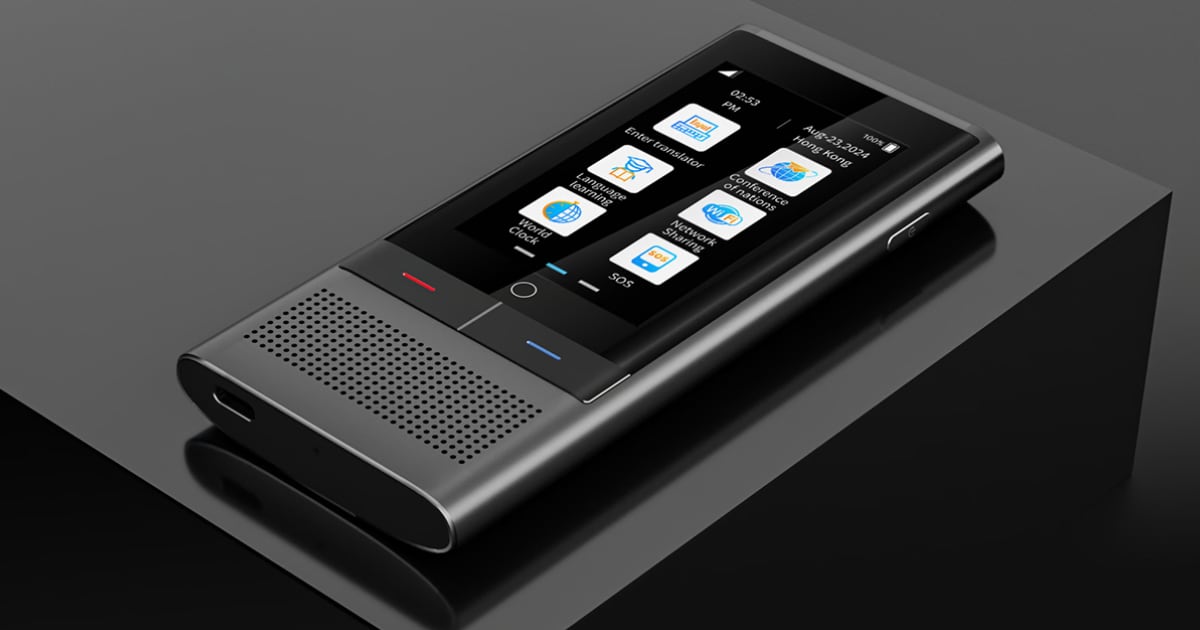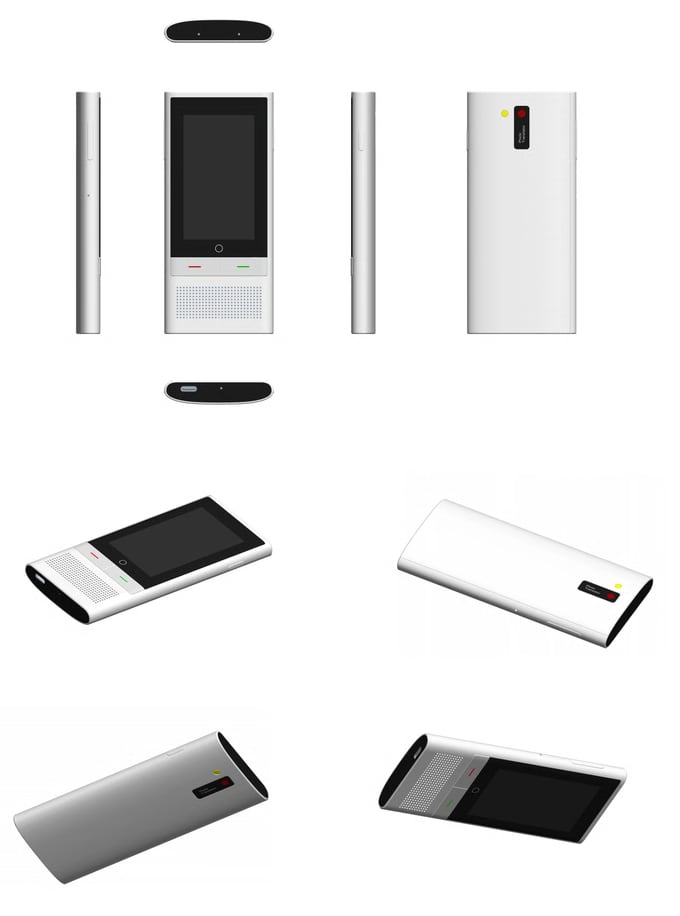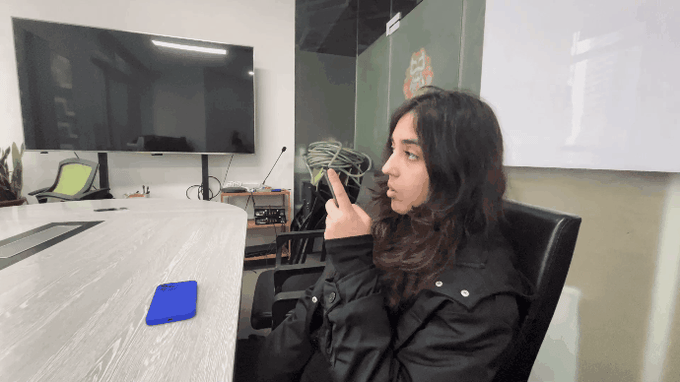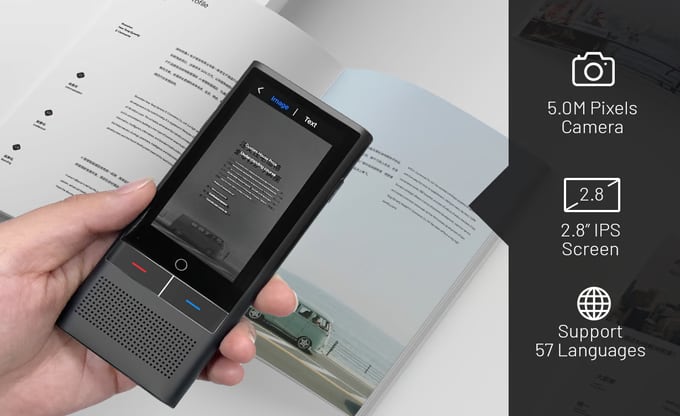Zen: another "world's first" voice translator on ChatGPT, speaking 138 languages

Despite the fact that any smartphone can perform all the functions of this gadget, one part of humanity still keeps creating such devices, and the other part keeps ordering them. Kickstarter has launched a campaign to raise 10,000 Hong Kong dollars (which is only about 1,280 US dollars, for convenience, all further prices are given in this currency) for a device as simple as a monk ringing a bell, called Zen. This device is actually a simplified smartphone (retail price is $269, but during the campaign you can order it from $149) that has its own camera, GSM module, GPS and Wi-Fi.

This is how the developers of the device define the problem they are trying to solve:
Zen was inspired by the challenges our development team faced while travelling internationally. We were frustrated with juggling multiple devices, unreliable tools, and bulky designs.
Their smartphones didn't seem to be able to do it all, so they decided to create their own. Zen can translate voice into 138 languages (there is some confusion here - the project page lists 138 and 139 languages at the same time), of which 13 can work offline. That is, the device needs the Internet to work, which is why it uses a SIM card. The developers are talking about using ChatGPT, although the specifications list translation engines from Google, Microsoft (assuming that it is related to ChatGPT as one of OpenAI's investors), and the Chinese AI translation startup iFlytek. This allows you to address ChatGPT as a voice assistant and get an answer. It is unclear how the issue of using ChatGPT resources (which are not free for third parties) is resolved.

In addition to voice translation, Zen can transcribe voice to text and translate images taken with the built-in 5-megapixel camera. The ability to distribute Wi-Fi is also listed as the fourth key feature, but it seems rather far-fetched.

For the convenience of multiple users, Zen can share its screen by scanning a QR code, and then the text translation will be available not only to the person holding the device, but also to other participants in the conversation.
The rest of the specifications include a MediaTek MT6739WW processor, a 2000 mAh battery (promising up to 12 hours of operation and up to 10 days of standby time) with a USB-C connector, 1/16 GB of memory, and a dual microphone (by the way, the device is said to operate stably in noise and have a translation accuracy of 98%). The device weighs 168 grams and measures 129x58x13 millimetres.
It is worth noting that the device is already fully ready according to the roadmap, and as soon as the campaign is over (which will be in November), we will start shipping the devices to customers. The amount of money raised is small, and the development team already has a successful Kickstarter campaign with their previous product, a similar but slightly simpler translator called Allingo Remo. At that time, the Allingo team raised 616% of the required amount of money (although the goal was also small - HK$23,550). In fact, while I was writing this text, these wonderful guys have already raised more than half of the required amount, although the collection was announced today.
Source: Kickstarter